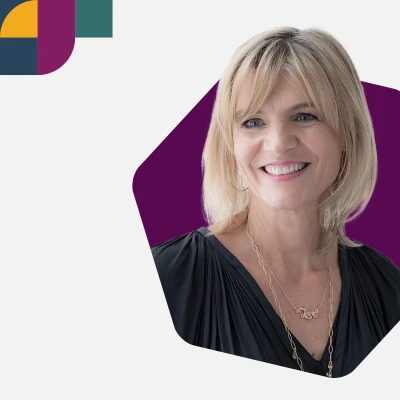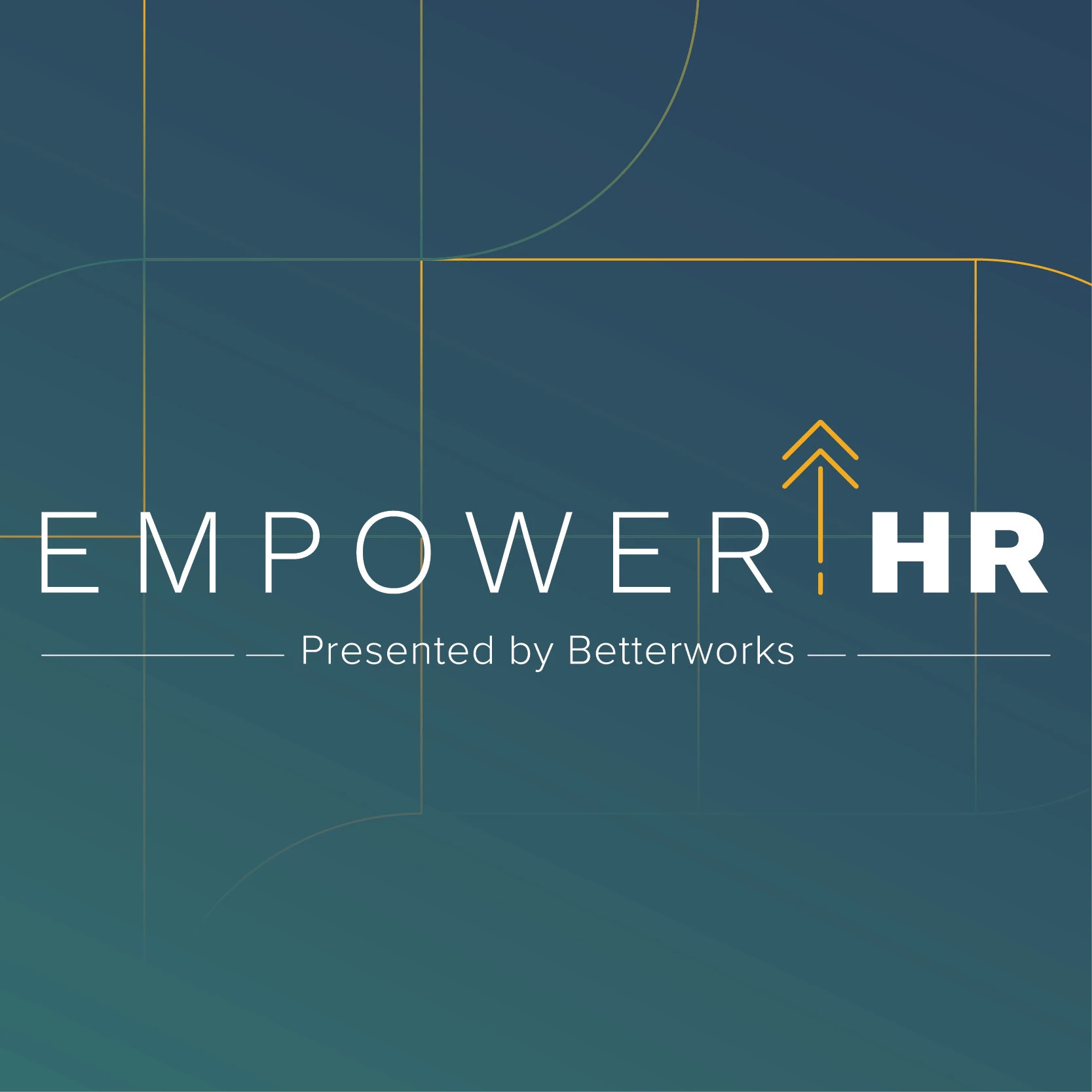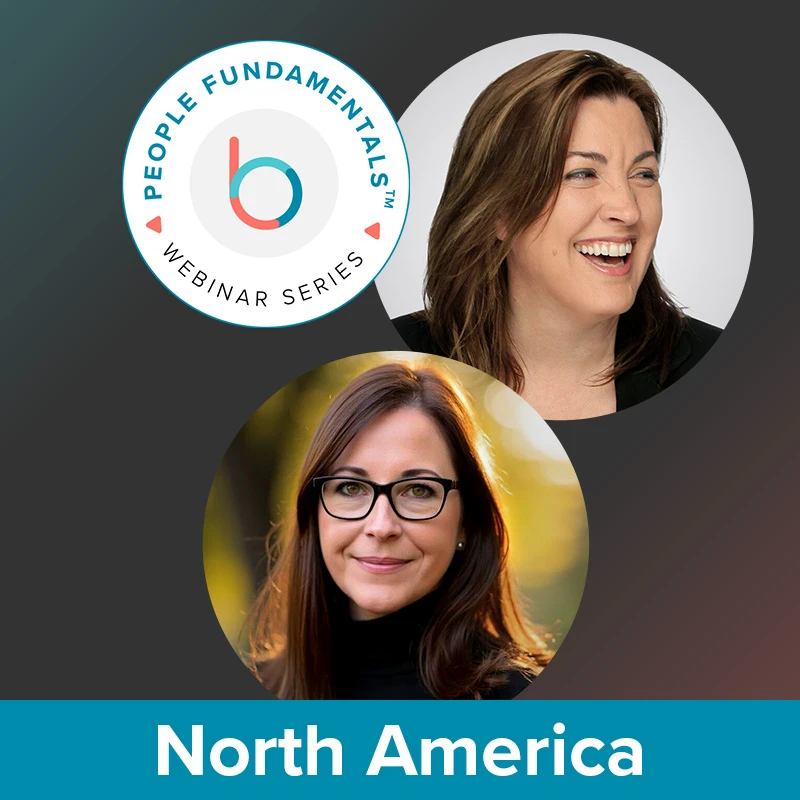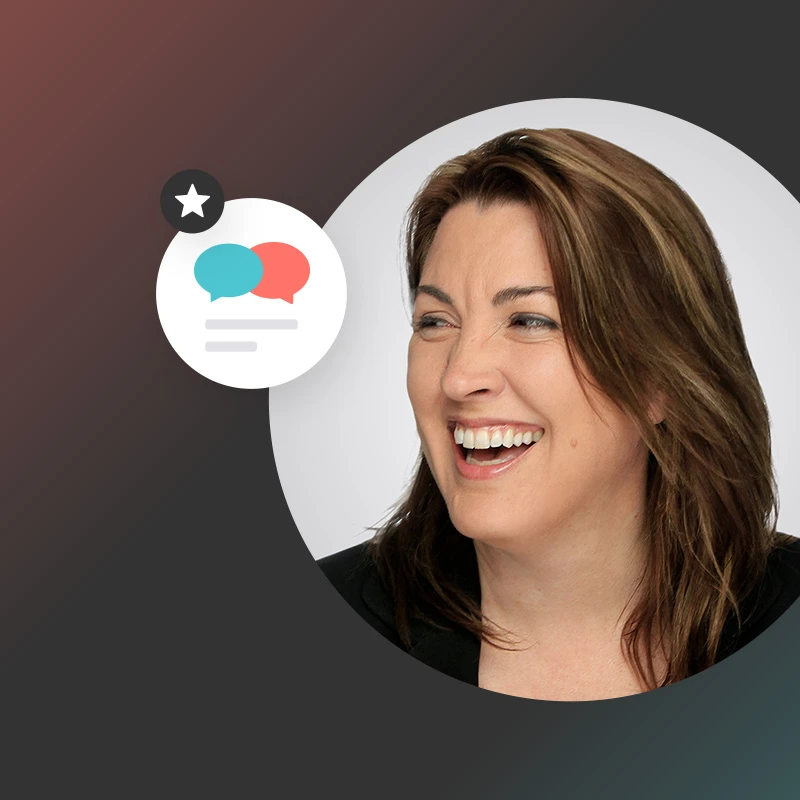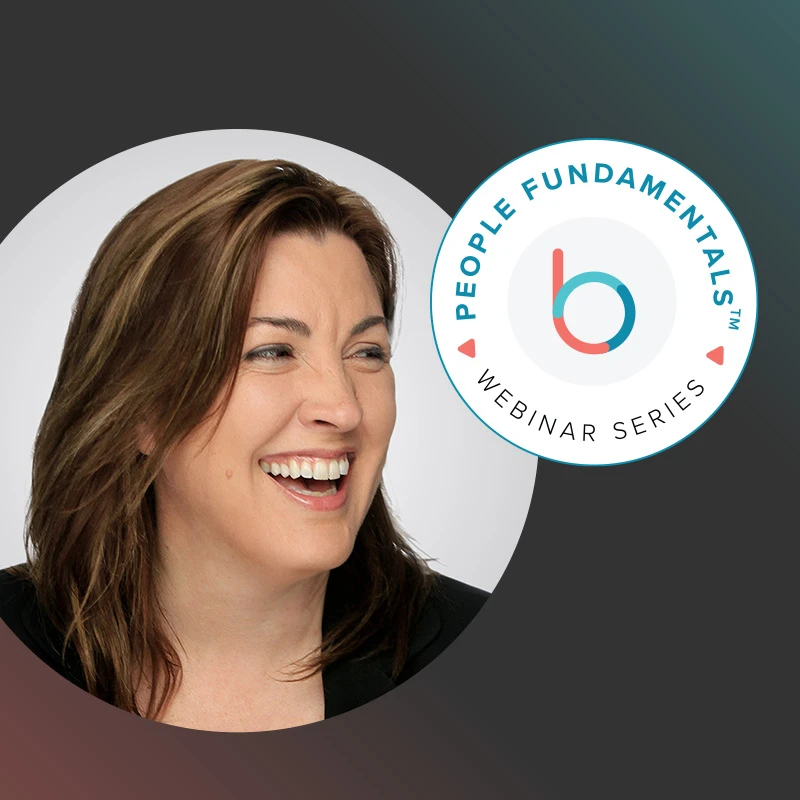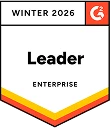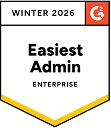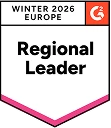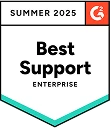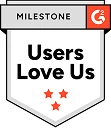The future of HR isn’t about better software or simplified processes. It’s not about nudging performance reviews from once to twice a year. It’s about putting people — real, complex, human people — back at the center of everything we do.
Lucy Adams, CEO of Disruptive HR, makes the case that incremental updates aren’t enough. In her keynote at EmpowerHR 2025 Europee, she called on HR leaders to break free from outdated models and step into a new role: not as process enforcers, but as architects of human-first workplaces.
"If we're going to equip our people for a disrupted world," Lucy emphasizes, "we need to move out of this parental activity and this codependent relationship that we're having."
Lucy challenged HR professionals to rethink their strategies through a new lens, grounded in three powerful principles that redefine how we support people at work.
Treat employees as adults — not children
Too many HR processes start from a place of mistrust. One person breaks a rule, and suddenly there’s a new policy that applies to everyone — even though most employees are perfectly capable of making good decisions.
“We design around that small minority who are going to behave badly,” Lucy points out, “but we apply it to everybody.”
This kind of control may feel safe, but it comes at a cost. When policies are designed to prevent every possible misstep, they also discourage initiative. As Lucy says, “We need people who are prepared to speak up, to take a calculated risk, to embrace change, [to] challenge the status quo.”
Instead of acting as compliance officers or caretakers, HR should aim to create the conditions for autonomy, she says. One of her favorite examples: HubSpot’s famously simple and effective policy: “Use good judgment.” This principle-based approach shifts responsibility back where it belongs: the people closest to the work. It empowers managers and employees to make informed decisions and have real conversations, instead of relying on one-size-fits-all policies.
When HR starts from a place of trust, everything changes. People feel respected. Managers lead with intention. And teams move faster, with more confidence and less friction.
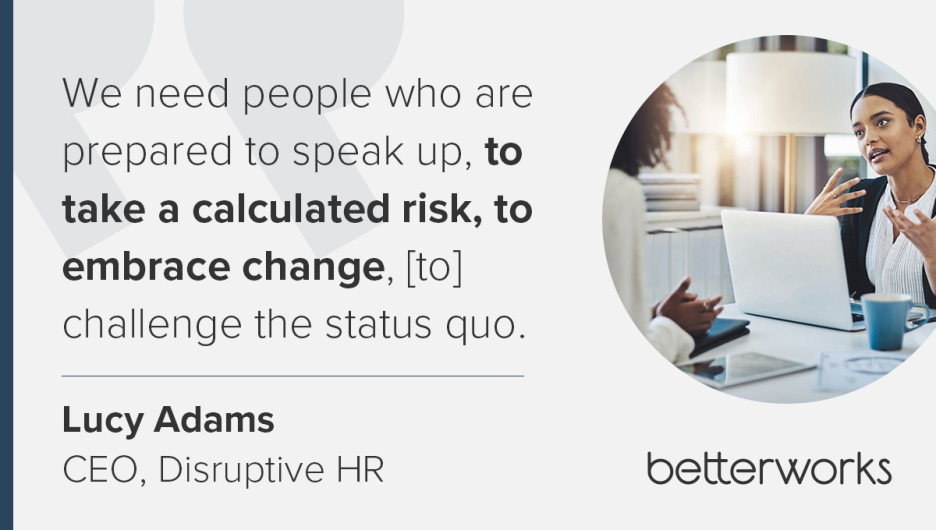
Personalize employee experiences to drive engagement
In our personal lives, we expect our experiences to be curated — from the playlists we hear to the products we browse. But at work, many employees still encounter generic programs that overlook their individual needs, motivations, and ways of working.
“Fairness and consistency are not the same things,” Lucy explains. “We’re trying to create a consistent experience, but the way we engage in that experience needs to feel and be very different.”
Rigid systems might seem even-handed, but they often miss what really drives motivation. Engagement grows when people feel seen, and when their individual needs and contributions are genuinely valued.
Lucy points to organizations like 3M and Telstra that are beginning to personalize at scale. By building “employee personas,” they tailor programs and communications around different employee needs and motivations — without creating excessive complexity.
She notes that this thinking is already second nature in other parts of the business. “If you work in a B2C organization, chances are you will already understand about personas, because your marketing teams will be doing it well,” she says. “It’s exactly the same in HR... real deliberate choice based around the individuals and the types of motivations and styles that they have.”
Technology makes this more accessible than ever. AI can now help managers understand how people prefer to learn, how they want to be recognized, and where they might grow next. With the right insights, HR can design experiences that actually fit.
A personalized approach doesn’t mean creating a custom path for everyone. It means giving people choices that reflect who they are. That’s how you turn policy into impact, and intention into engagement.
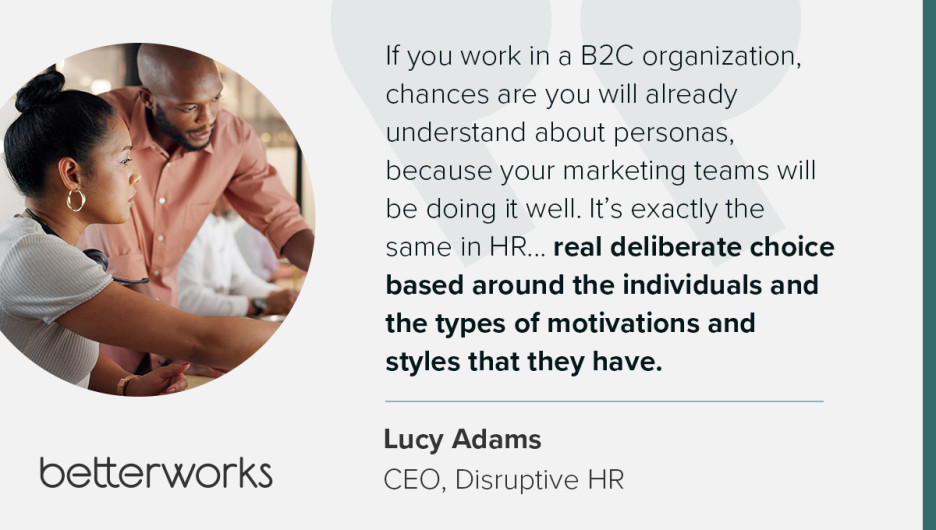
Rebuild HR around real human behavior
For too long, HR has built processes to enforce consistency rather than enable performance. But people aren’t consistent. They’re human. That means they’re emotional, unpredictable, and wired for connection, not compliance.
“We’ve become the people process experts,” Lucy says. “But actually, we’re the people experts, the human experts... That’s our superpower.”
She highlights how traditional approaches — such as annual performance reviews or lengthy training programs — often fail because they're disconnected from how humans naturally learn and grow.
She points to Atlassian’s approach to performance as a strong example. Rather than relying on backward-looking reviews, managers ask three forward-focused questions in regular check-ins: What are you working on? How can I help you? How are you feeling? These light-touch, high-impact conversations build alignment and trust without the weight of process.
These kinds of conversations help managers and employees stay aligned, not just during review cycles but in the rhythm of daily work. Companies like O2 take a similar approach to learning, replacing traditional training with short, focused “learning shots” that match how people actually absorb and retain information. Whether it’s feedback or development, the goal is the same: support people in the moments that matter.
When HR practices reflect how people think, learn, and grow, they become more effective, more engaging, and more valued across the organization.
Make human-first HR your competitive advantage
The most meaningful shifts in HR start when we stop layering on processes and start paying closer attention to how people actually work. That means supporting them with clarity, compassion, and a deep understanding of what helps them succeed.
When HR leads with empathy and insight, it becomes a true driver of performance, culture, and connection, Lucy says. “Our primary purpose is around enabling people to do their best work.”
Ready to learn more about shaping the future of HR? Watch Lucy Adams’ full keynote from EmpowerHR 2025 Europe.
